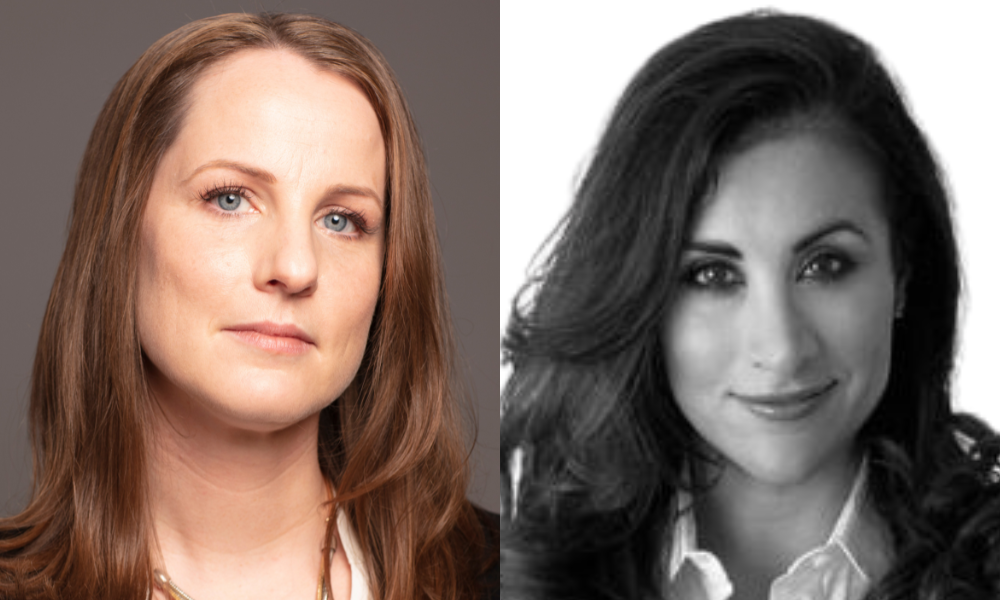
Shara Roy and Christelle Gedeon on fees, origination credit and DEI

It is time to get rid of the billable hour, attendees at the Legal Marketing Association Canada Conference heard on Nov. 14. During the opening panel of the event in Toronto, legal leaders discussed their expectations of external counsel partners – and the importance of working with a diverse roster of lawyers.
“The billable hour is a terrible way to live your life as a lawyer,” said Shara Roy, chief legal counsel at Ernst & Young LLP. “It creates so many perverse incentives, and it really holds back the profession.”
Furthermore, Christelle Gedeon, chief legal officer and corporate secretary at Canopy Growth commented that the relationship between in-house counsel and their law firm partners is sometimes lost as they try to pivot towards alternative fee arrangements.
“I find that law firms generally approach us with a deal or a flat rate on a certain service, but the reality is, if you’ve got the full spectrum and visibility into our business, you get far more money overall without that sort of siphoned fee structure,” said Gedeon.
Roy added that she values strategic relationships with counsel through which she can call them to talk about a problem without expecting a bill.
“If someone reached out to me and said ‘hey, can I take you to lunch and find out what’s important to you, and see if there’s any way I can help?’ that would definitely go further than anything else,” said Roy – a former Lenczner Slaght partner. She also values firms that follow up with existing clients to maintain and strengthen those relationships.
“Everybody wants that new client and that origination credit, but the best lawyers and the best firms really focus on their existing clients – the ones who pay their bills on time,” said Roy.
Both Gedeon and Roy spoke about the importance of working with firms that offer a diverse roster of lawyers. Gedeon spends a lot of time meeting the entire team on a file so she can understand the role of each team member and ask questions directly to the person who is actually generating a report.
“I have noticed that there is a significant disproportion between the person who is actually providing you with the work and the service and the person I may have originally reached out to,” said Gedeon – a former Fasken partner. “The person who is on a call with you at two o’clock in the morning is almost never the super senior dude who gets all the credit.”
Roy always starts by asking law firms how their origination credit works to make sure that the person doing most of the leg work is also the person getting most of the credit. Partners often get paid based on bringing a client in, even when a junior lawyer is the one working on the file, she said.
“This has to change,” said Roy. “Everybody has to be really thoughtful about who they call and who gets the credit.” Roy told the audience that she refuses to attend “bro lunches”, favouring groups that include women as well as racial diversity and LGBTQ+ diversity, and junior lawyers. Roy was a co-creator of Lenczner Slaght’s award-winning ReferToHer.com website which was designed to level the playing field for referrals to female lawyers.
When forming relationships, law firms need to make their clients feel heard and listened to, instead of worrying about a perfect pitch book, in Gedeon’s view.
“I actually refuse pitch books. I don’t care about your rankings,” says Gedeon. “I want to know how you interact with me and what your momentum is and how you’re critically thinking. “It’s a new generation of GCs and a new way of doing things.”